Guide to promote citizen participation in open data policies
Fecha de la noticia: 28-04-2017
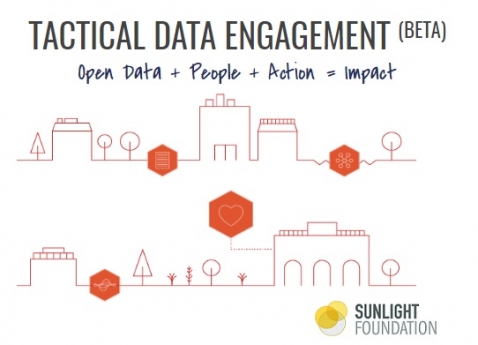
The Sunlight Foundation, a non-profit organization working for government transparency, has launched a guide to help local governments increase citizen participation in their open data policies and improve communities through public information. This handbook, still in beta, tries to advise public employees on their open data strategies so information is published from a strategic perspective, laying the groundwork for further actions that meet the specific needs of the local population.
This Tactical Data Engagement Guide requires cities to recognize the potential of public information and the importance of citizen participation in the process of openness and re-use to combine both aspects and positively impact the society. This approach is based on the notion that residents are experts in their own lives, and that this expertise should be helpful to define and implement an open data strategy and local governments should work with other members of the community -experts, academics, citizens ... - in such initiatives. After all, open data efforts aim not only at free access to public sector information but also at enabling stakeholders to re-use that data productively and to provide a return to the environment where they are generated.
With these goals in mind, the Sunlight Foundation’s guide is designed to go one step further in local open data policies, overcoming regulatory and technical challenges to connect with the community and progress with common goals. The strategy proposed is based on the commitment of the public administrations, different use cases and a set of effective tactics to achieve the objectives through citizen participation.
Tactical Guide Process
The process proposed in the document is divided into two different phases: a framing phase and an action phase, which will be adapted to the characteristics of each city, regardless of their experience, knowledge or leadership in the open data sector.
The first stage identifies the problems to be solved as well as the resources and capacities of the city to define a possible solution based on the open data that will be reformulated according to the feedback of the other stakeholders involved in the process through surveys, interviews, events or discussion groups. An opportunity for local governments to better understand the needs of the community.
The second phase of the process includes the elaboration of an action plan, which entails the implementation of tactics based on open data and defined together with the citizens. The local government should follow and measure the results obtained; in this way it is possible to quantify the success of the plan and to show the citizens the positive impact of the implemented strategies.
The guide is designed to solve, through open data, small-scale conflicts so citizens realize the open data value for solving everyday problems. Nevertheless, the process described has been designed to be repeated over time, generating public information greater impact and involving new social groups.
Use cases and tactics by Sunlight Foundation
In order to reflect the effectiveness of the previous methodology, the Sunlight Foundation guide includes five case studies that show the results, after several years, of the joint work of the local administration and the community through the data. Thus, each example, including the actions carried out, is analyzed so other governments can implement them in their cities according to their own needs.
The areas covered in these practical cases range from food security problems, improvements in building conditions, solutions to reduce crime, optimization of transport systems or local public services:
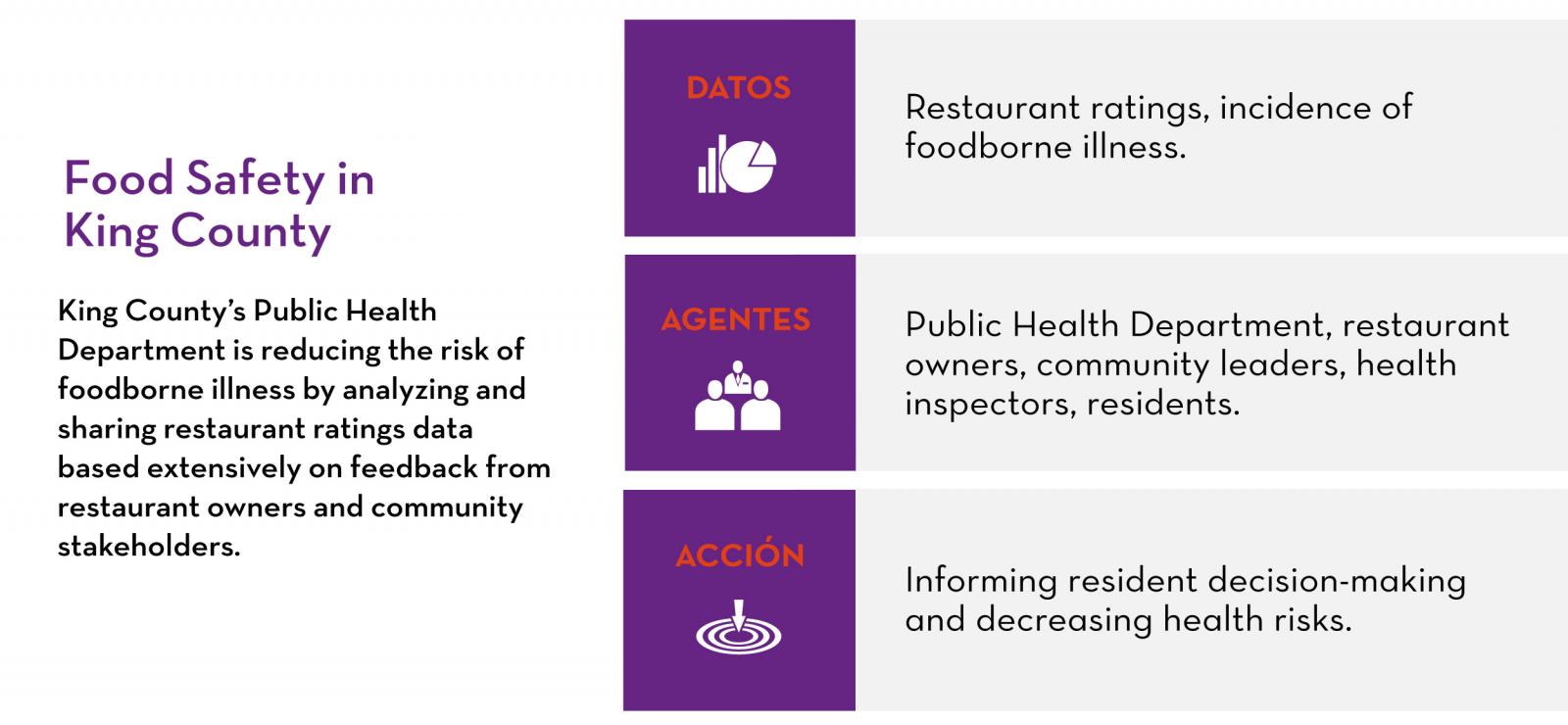
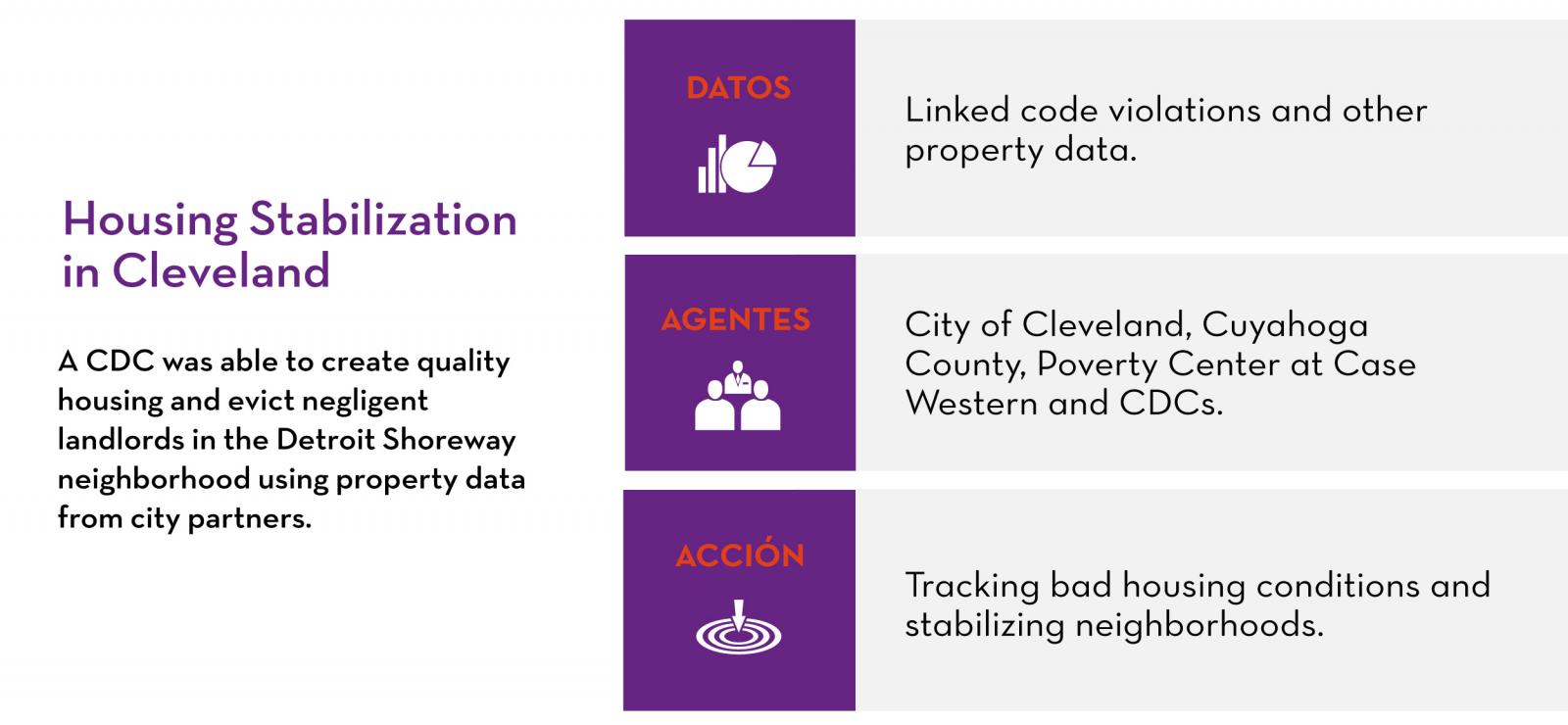

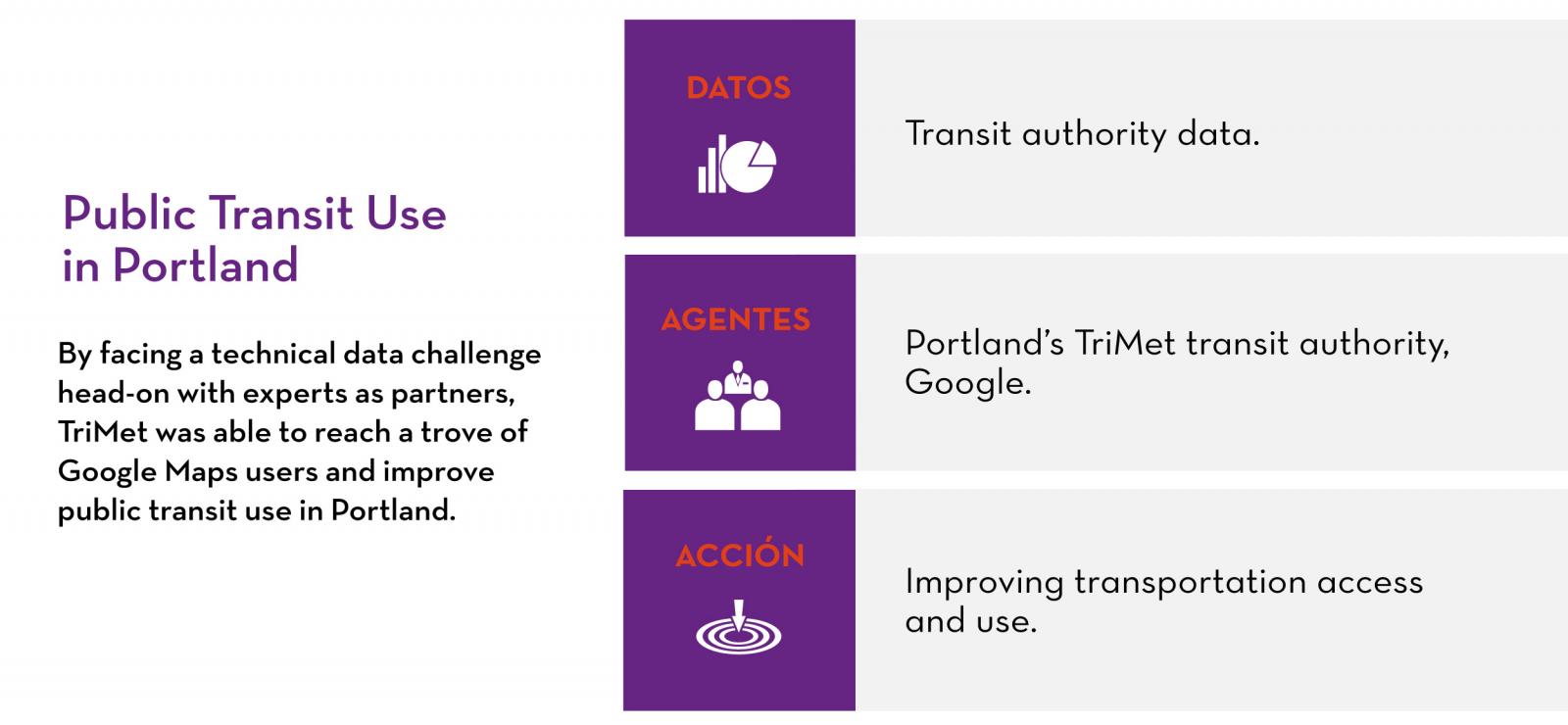
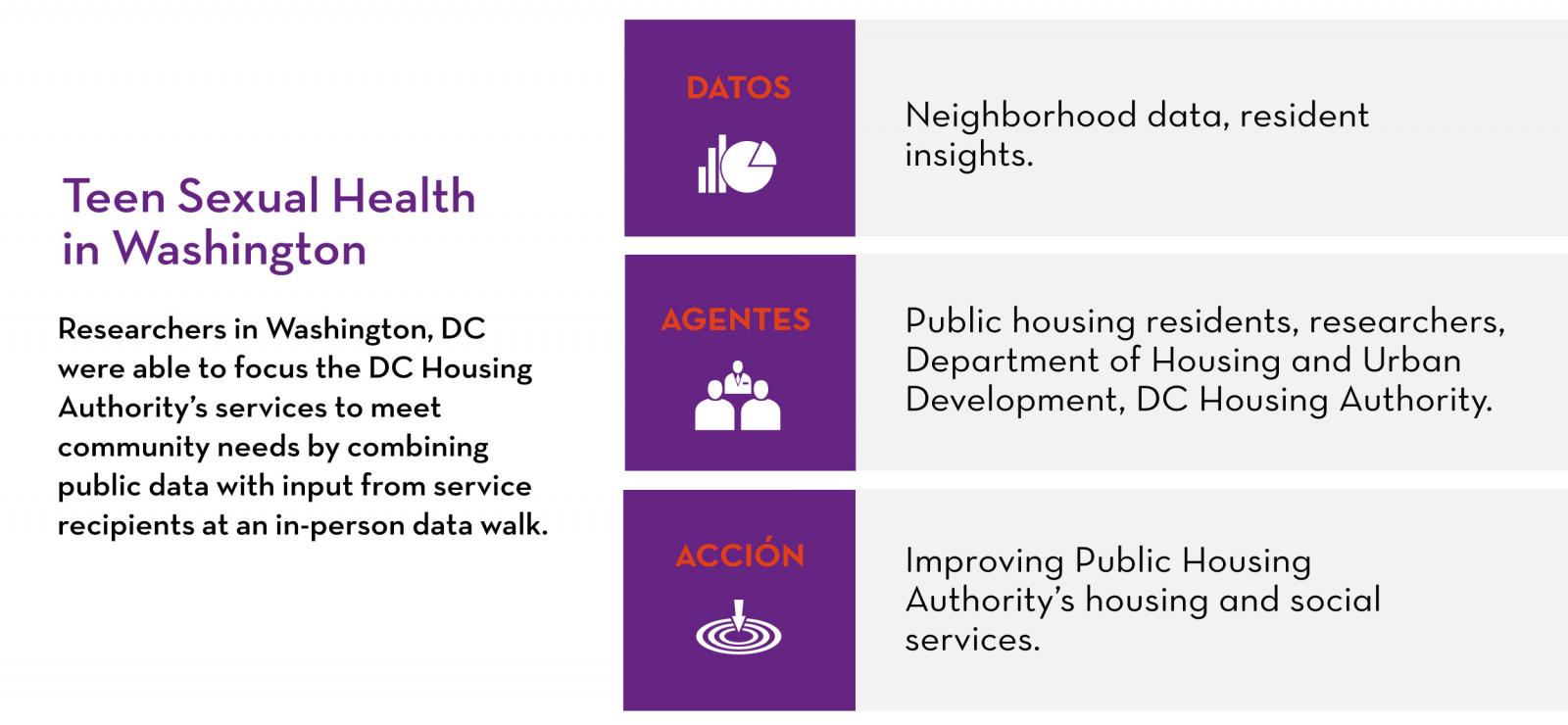
Finally, the document concludes with a set of actions that public agencies can implement to involve citizens and harness the open data potential. These tactics include six recommendations for the framing phase, such as the organization of training courses or events, and seven concrete strategies for the second stage of the process, including the implementation of technological solutions or the collaboration with external IT experts who may help maximize the value of information.
The Sunlight Foundation guide is still in beta and the organization invites users to improve and enrich this document through their opinions and suggestions. If you want to collaborate, send an email to local@sunlighfoundation.com or leave a comment on the public Google Doc before May 1.











